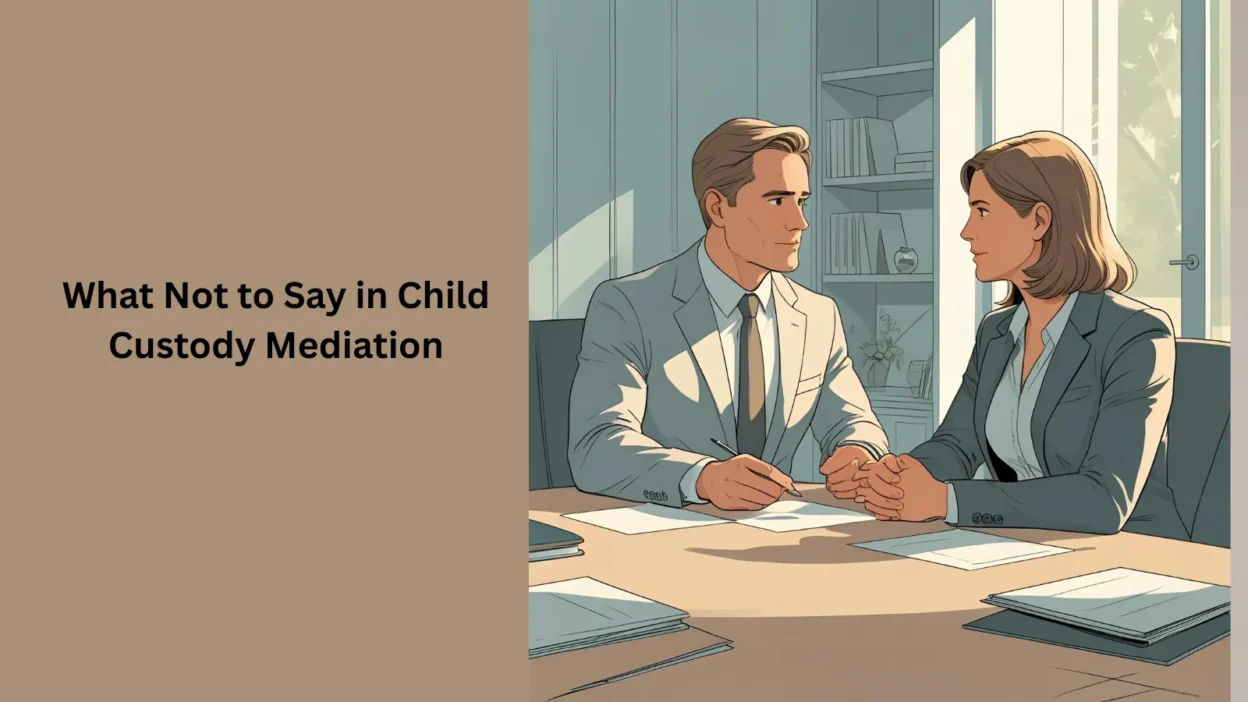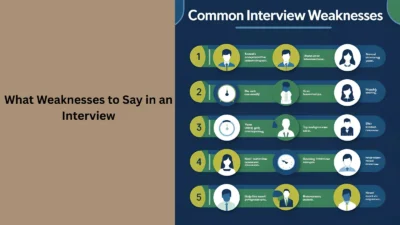Going through child custody mediation can feel like walking on eggshells. You want what’s best for your kids, but emotions run high, and words can slip out that hurt your case. Knowing what not to say in child custody mediation is key to keeping things calm and focused on your children’s needs.
Mediation is a chance to work together, not fight, so choosing your words wisely matters. This guide will help you avoid common mistakes, stay respectful, and show you’re putting your kids first.
Let’s dive into practical tips to navigate mediation smoothly and protect your relationship with your children.
Avoid Blaming or Attacking Your Ex
Blaming your ex in mediation can backfire. It makes you seem uncooperative and focused on conflict instead of solutions. Mediators want to see parents who prioritize their kids, not personal grudges. Negative comments can also escalate tensions, making it harder to reach an agreement.
Scenario: Sarah, in mediation, said, “He’s a terrible father who never cares for our kids.” This upset her ex, who then refused to compromise. The mediator noted Sarah’s hostility, which weakened her position.
Don’t say: “You’re a bad parent and don’t deserve custody.” Do Say: “I want us to focus on what’s best for our children’s routine.”
Don’t Bring Up Past Relationship Issues
Mediation is about your kids, not your failed relationship. Talking about old fights or betrayals distracts from creating a parenting plan. It can also make you seem stuck in the past, which doesn’t help your case.
Scenario: John mentioned his ex’s affair during mediation, saying, “She cheated, so she can’t be trusted.” The mediator redirected the conversation, but John’s focus on personal issues made him seem less focused on his kids.
Don’t say: You ruined our marriage, so you shouldn’t get time with the kids.” Do Say: “Let’s talk about how we can share parenting responsibilities fairly.”
Steer Clear of Absolute Demands
Saying things like “I won’t budge” or “It’s my way or nothing” shows you’re not open to compromise. Mediators value flexibility, and rigid demands can make you seem unreasonable, hurting your credibility.
Scenario:Lisa demanded full custody, saying, “I’ll never agree to joint custody.” Her ex felt cornered, and the mediator suggested Lisa was unwilling to negotiate, which didn’t help her case.
Don’t say: “I want full custody, and that’s final.” Do Say: “I’d like to discuss custody options that work for both of us and the kids.”
Don’t Badmouth the Other Parent in Front of the Kids
Speaking negatively about your ex to your children can be brought up in mediation. It shows poor judgment and can harm your kids emotionally, which mediators take seriously.
Scenario:Tom told his son, “Your mom doesn’t care about you.” His ex raised this in mediation, and the mediator questioned Tom’s ability to co-parent respectfully.
Don’t say: “Your dad is selfish and doesn’t love you.” Do Say: “Both your mom and I love you and want to make this work.”
Avoid Making Threats
Threatening to take the case to court or withhold access to the kids can shut down productive talks. It creates fear and mistrust, making mediation harder. Mediators may see threats as a sign you’re not focused on cooperation.
Scenario:Maria said, “If you don’t agree, I’ll drag this to court.” Her ex felt intimidated, and the mediator noted Maria’s aggressive approach, which hurt her case.
Don’t say: “If I don’t get my way, you’ll never see the kids again.” Do Say: “Let’s find a solution that keeps the kids’ best interests first.”
Don’t Lie or Exaggerate
Lying about your ex’s behavior or your own parenting skills can destroy trust. Mediators often sense dishonesty, and if your claims are disproven, it weakens your case. Stick to the truth to build credibility.
Scenario:Mike claimed his ex neglected their daughter, but had no proof. When questioned, he admitted exaggerating. The mediator doubted his reliability afterward.
Don’t say: “She leaves the kids alone all the time.” Do Say: “I’m concerned about the kids’ safety, and here’s why.”
Final Thoughts
Navigating child custody mediation is tough, but avoiding harmful words can make a big difference. By steering clear of blame, threats, or lies, you show you’re focused on your kids’ well-being. Knowing what not to say in child custody mediation helps you stay calm, respectful, and solution-focused.
Take a deep breath, think before you speak, and keep your children’s needs at the heart of every conversation. With the right approach, you can work toward a fair agreement that supports your kids and builds a better co-parenting future.




